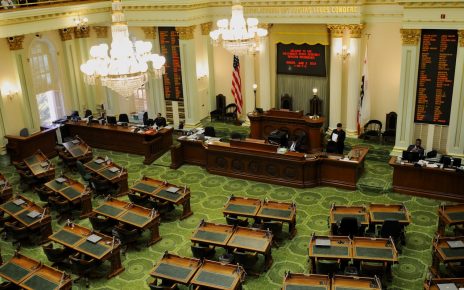California Voter Registration Provisions
California’s Elections Code contains numerous voter registration provisions. Division 2 (“Voters”), Chapter 2 (“Registration”), Article 1 contains General Provisions and includes Sections 2100 – 2124. Section 2100 prohibits a person from being registered except upon the production and filing of...







